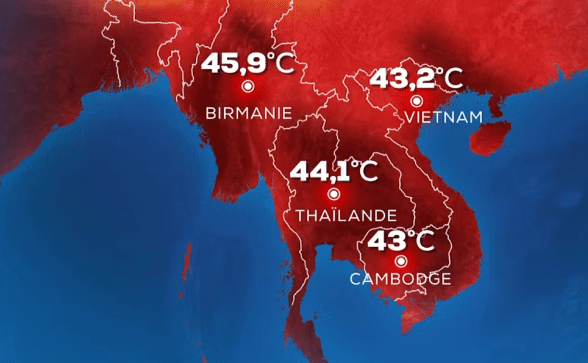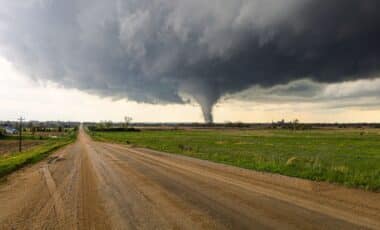In the sweltering heat of 2024, another term has entered the lexicon of societal responses: ‘climate lockdown’. Unlike the containment measures of 2020, which were aimed at stopping the spread of COVID-19 Virus, climate lockdown is a direct response to extreme heat, a product of climate change.
The Rise of Climate Lockdown
Although the term ‘Climate Lockdown’ has yet to be officially recognised, its essence permeates the actions taken by governments in response to scorching temperatures. Indeed, the media are quick to use the term to summarise the measures taken during extreme heatwaves.
Countries like Thailand are taking unprecedented measures to deal with the severity of the heat. Schools are turning to distance learning and citizens are being advised to stay indoors due to the dangerously high temperatures. On 24 April, warnings were issued advising against outdoor activities as the mercury rose above 50°C.

Apart from Thailand, other countries such as the Philippines and Bangladesh are facing similar problems. As the heat peaks in April and May, school closures are becoming commonplace, underlining the seriousness of the situation.
In Hong Kong, employees are advised to telework. The heat index is considered “extremely dangerous”.
Why these extreme temperatures?
Global warming, exacerbated by the El Niño phenomenon, is exacerbating temperature rises in Asia. According to the World Meteorological Organisation, the worst is yet to come with Asia heating up faster than the global average, and heatwaves are becoming “increasingly severe”.
Natural disasters such as floods and storms have also been very deadly in this region, which has even been the hardest hit, according to the United Nations. In addition, the Asian economy has also been badly affected.
Despite being described by some as “climate lockdown”, many scientists consider these measures to be prudent responses to extreme conditions rather than strict confinement. Françoise Vimeux, a climatologist, describes them as “common sense rules” designed to prevent heat-related deaths.









